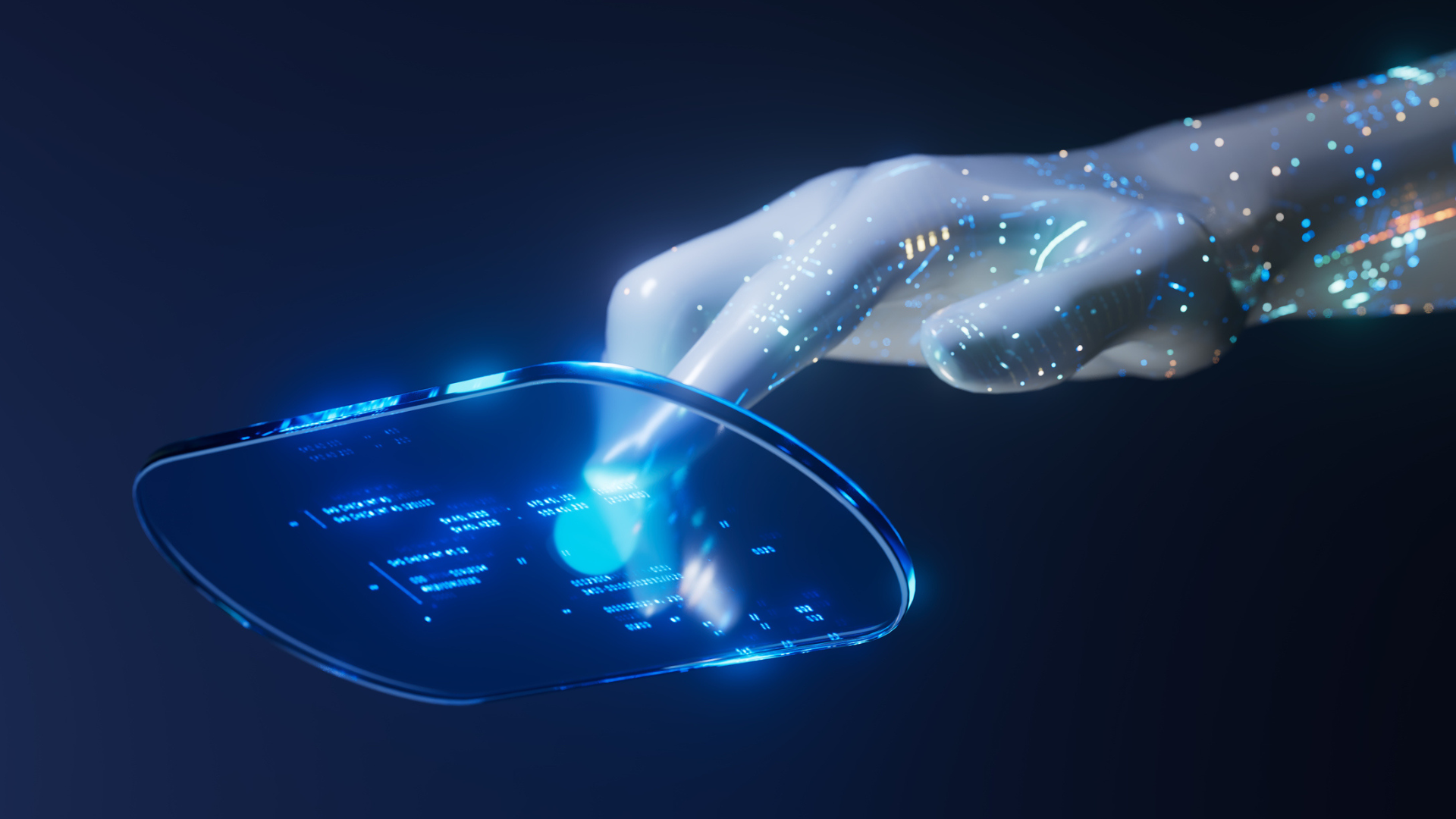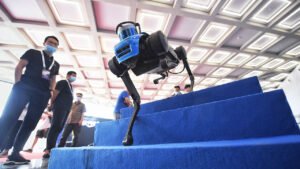China Introduces Groundbreaking Fully Autonomous AI Agent

Manus: The First Fully Autonomous AI Agent
A team of Chinese software engineers has introduced Manus, heralded as the “world’s first” fully autonomous artificial intelligence (AI) agent. Distinct from other AI applications like ChatGPT and Google Gemini, which require user input for tasks, Manus has the ability to operate independently, making decisions and executing complex tasks without needing human intervention. This leap forward marks a new chapter in the evolution of AI technology.
Capabilities of Manus
Manus showcases advanced functionality by being able to perform a variety of tasks autonomously. For instance, if a user requests assistance in finding an apartment, Manus can conduct thorough research. It evaluates several factors including crime statistics, climate conditions, and real estate market trends to deliver personalized recommendations.
One of the most intriguing aspects of Manus is its operation style. Rather than relying on just one AI model, Manus acts like a manager overseeing multiple specialized sub-agents. This capability allows it to handle intricate, multi-step workflows seamlessly.
Additionally, Manus can work asynchronously. This means that it completes tasks in the background and informs users only when the results are ready. Such independence reduces the need for continuous human supervision, an area where most existing AI systems falter.
The Implications of Manus
The introduction of Manus is a considerable development in AI technology. Traditionally, AI systems have depended on human prompts to initiate actions. Manus shifts this paradigm towards a more independent form of AI that can operate without immediate oversight. This progression raises significant questions about the future of employment, as many jobs could be at risk of being replaced by an autonomous system like Manus.
In its operational year, Manus arrives shortly after the launch of DeepSeek, another significant AI initiative in China. Some experts view this moment as a "Sputnik Moment" for China, akin to the historical event that marked a pivotal point in the Space Race.
Global Perceptions of Manus
The emergence of Manus prompts a reevaluation of the prevailing narrative that the United States leads in advanced AI development. Its capabilities suggest that China has not only caught up but may also be positioning itself ahead in the race for autonomous AI technologies. This shift could have implications beyond technology, impacting industries and economies worldwide.
Potential Applications of Manus
Manus has a range of potential applications that could disrupt various sectors:
Recruitment: Manus can independently analyze resumes, align them with job market trends, and generate insightful hiring recommendations complete with in-depth analysis.
- Software Development: The agent can efficiently create professional websites, scraping required information from social media, deploying the site, and resolving hosting issues without human input.
These examples highlight how Manus can streamline processes that traditionally require significant human effort and expertise.
Ethical and Regulatory Concerns
The rise of Manus introduces critical ethical and regulatory challenges. Unlike previous AI technologies, this autonomous agent could pose real threats to job security, potentially replacing human workers in various roles rather than merely enhancing their productivity. Furthermore, the question arises: who is accountable if Manus makes a significant error?
As existing regulations are not adequately equipped to address fully autonomous agents, this gap presents a pressing concern for policymakers around the globe.
Silicon Valley’s major technology firms have assumed a gradual improvement trajectory in AI development. However, the rise of Manus could shift competitive dynamics, stirring worries that China may gain a substantial edge in AI-enhanced industries.
The global response to Manus and similar technologies remains to be seen, but it is clear that we are on the brink of a new era filled with autonomous AI agents. The landscape is changing, and how societies adapt will significantly influence the future of work and technology.





